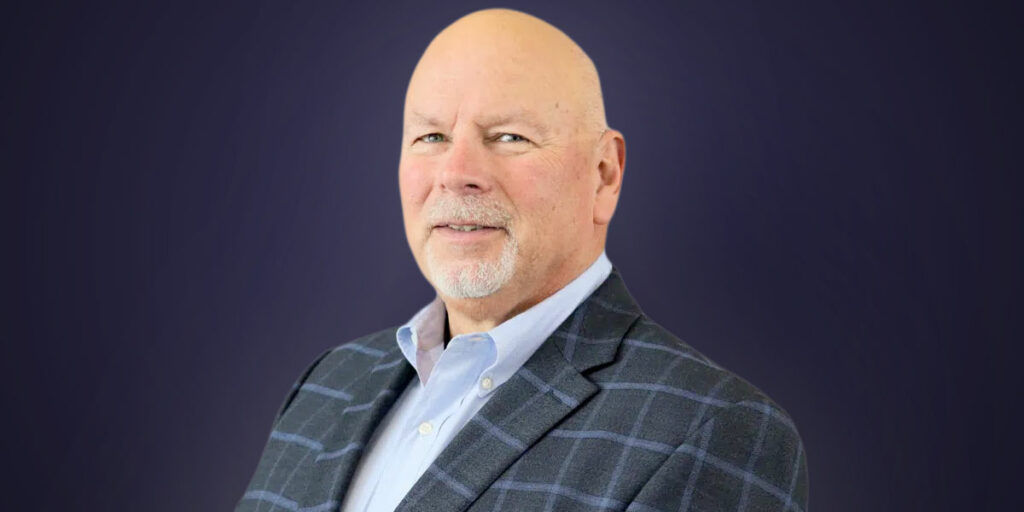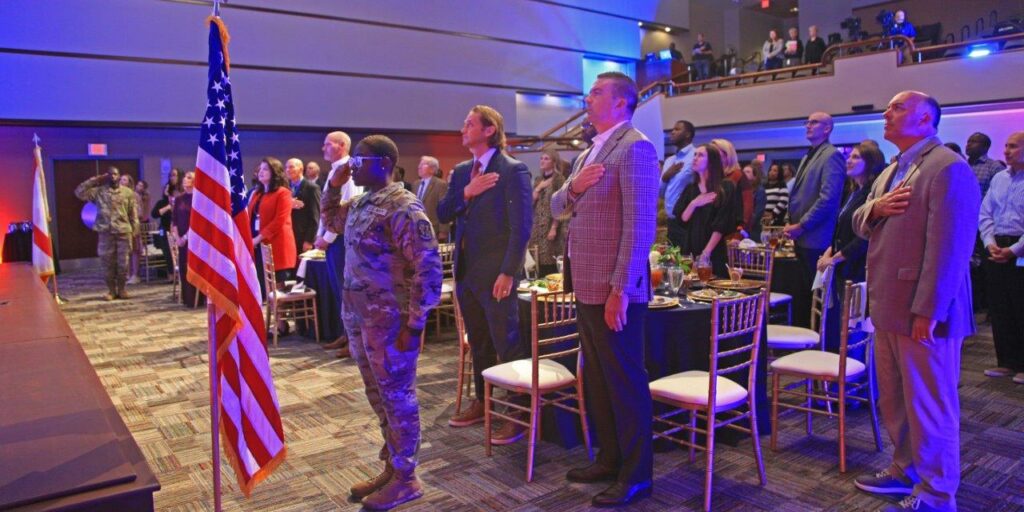Every senior adult knows if you have a computer or cellphone issue you talk with a grandchild. However, my grandson was stumped and suggested I go to the local dealer. I found a link on their website suggesting they could help by phone, so I called.
Michelle was very helpful. She asked to screen share and soon a red arrow appeared on my phone showing me where to click and where to scroll. Michelle showed me how to put my music library on the cellphone, so I was happy. As we chatted she told me she was in California, so I was amazed that a tech 2,000 miles away controlled my phone.
When my music began to appear in the phone app, Michelle said, “The Bee Gees! I love the Bee Gees!”
Normally we seniors just get an eye roll from the younger generation about our music, so this was an unusual word from a young person. Research shows that most of us stick with the music genre we liked in college, so my music is ’60s and ’70s, though I did develop a taste for ZZ Top after hearing Rush Limbaugh play their music for so long.
The contemporary church challenges us to update our words and music. I certainly understand we should update our language and not rely on the so-called “language of Zion.” Someone observed worship communication died when our pastors began to preach in Greek! Rather than saying, “Today I want to present an expository homiletical exegesis on eschatology,” we ought to say, “Today, let’s see what the Bible teaches about death.”
But I admit befuddlement when some church leaders suggest that worshippers shouldn’t have to cross musical barriers when they worship. For example, one large American church has multiple worship services featuring country and western music, Hawaiian music and one with traditional hymns the pastor calls “a blast from the past.” The pastor argues we shouldn’t have organs since no one today listens to organ music on their car radios. Well, only the classical crowd, I suppose, but the great swell of the organ can touch hearts in worship as Mendelssohn and Bach discovered so long ago.
My opinion is that worshippers should learn to be bi-musical. For example, just because I love Karen Carpenter, Herman’s Hermits and the Bee Gees doesn’t mean I expect to hear ’60s and ’70s music on Sunday morning, like in the movie, “Sister Act”!
Many modern churches strive to balance with both old and new in worship.
The purpose of worship music is to focus on God, salvation and service, and I believe we’re encouraged by great lyrics of faith whether accompanied by organ, piano, mandolin or bass guitar.
“Reflections” is a weekly faith column written by Michael J. Brooks, pastor of the Siluria Baptist Church in Alabaster. The church’s website is siluriabaptist.com.








